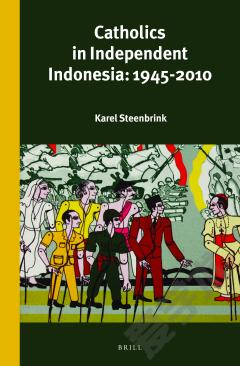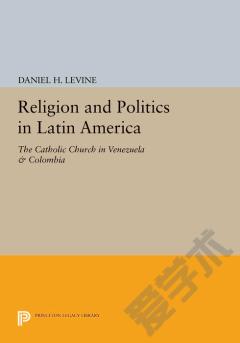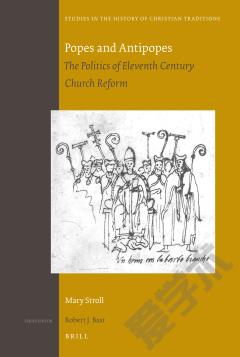Populism and the Catholic Church: Political Crisis in Brazil, 1964
This book provides an insightful, nuanced, and richly documented account of the progressive transformation of the Brazilian Catholic Church in the period following the Second World War and up to the crisis of populism that culminated in the military coup of 1964. The focus of Krischke´s analysis is on the leadership provided by the National Conference of Brazilian Bishops (CNBB in its Portuguese acronym), which was created in 1952. It headed a process that, step by step, distanced the Church from the traditional conservative ruling elites of the country and transformed it into a modern autonomous institution that became increasingly sympathetic to the demands of the working class and peasantry and supportive of their organizational efforts.
{{comment.content}}








 京公网安备 11010802027623号
京公网安备 11010802027623号